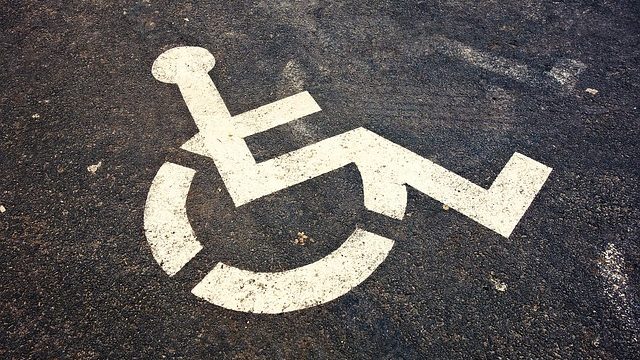Domestic Abuse
“One of the most difficult things a marriage or home can endure is domestic abuse.”
- Pastor Kerry Watts

In the Christian community, one out of four women experiences abuse in the home. Anyone can be an abuser, but the vast majority of abusers are men. Even when men are the victims of violence, it is usually at the hands of another man such as a father or a brother. At its core, domestic abuse is about control.
Domestic abuse can manifest itself by:
Intimidation
Ridicule
Isolation
Threats
Financial restrictions
If you are a victim of domestic abuse, take some courageous steps:
- Be willing to acknowledge what is happening. Truth brings freedom!
No form of abuse should be tolerated. Physical, sexual and emotional abuse are all wrong. - Don’t allow the abuser to make you feel guilty.
You are not responsible for the actions of your abuser, and you are not responsible for his or her recovery. - Tell someone.
Don’t keep the secret. People that may be able to help include clergy, the authorities, a friend, or family member. Choose a person you can trust. When you are ready, this person and others can help you make the necessary life changes to protect yourself from abuse. - Form a safety plan.
According to the National Domestic Violence Hotline, “A safety plan is a personalized, practical plan that includes ways to remain safe while in a relationship, planning to leave, or after you leave.” If at any time the situation becomes too dangerous, leave immediately and contact the police. - God did not call you to endure abuse at the hands of one who is supposed to be your covenant marriage partner.
Perhaps you are the abuser?
- Acknowledge the abuse.
It’s easy to make excuses or shift the blame to someone or something else. There is no valid reason for controlling others through abuse. - Get help.
Be willing to expose your secret to someone who can help you. - Ask God to forgive you.
“If we confess our sins, he is faithful and just and will forgive us our sins and purify us from all unrighteousness” 1 John 1:9 (NIV).
Words to Live By:
“Love is patient, love is kind. It does not envy, it does not boast, it is not proud. It does not dishonor others, it is not self-seeking, it is not easily angered, it keeps no record of wrongs. Love does not delight in evil but rejoices with the truth. It always protects, always trusts, always hopes, always perseveres” 1 Corinthians 13:4-7 (NIV).
 Dr. Ron’s Perspective:
Dr. Ron’s Perspective:
Domestic violence is a type of abuse that can happen to men or women of all races and cultures. The use of physical intimidation and psychological manipulation by the perpetrator causes tremendous damage to victims and families. Many victims suffer in silence. Embarrassment, fear, and shame keep them from telling others what is happening. Some victims even believe they deserve the abuse. Low self-esteem and depression are quite common in people experiencing violence in their homes.
- Recovering from long-term physical and psychological assault is a process, not a one-time event. Here are some things to keep in mind during the journey to healing and recovery:
- Domestic violence is not normal or healthy; it must never be tolerated or accepted.
- Breaking the silence and sharing your situation with a trusted person is critical. With that trusted person, define steps you need to take to be safe.
- Use the pain of your experience to reach out to others trapped in similar situations. Often our healing is strengthened through the process of helping others.
- Remember you are not alone. Resources are available for you.
Recommended Resources:
National Domestic Violence Hotline at 1-800-799-SAFE (7233). This phone call will provide you with one-on-one support and options for the next steps that can take you out of harm’s way. You can also visit www.thehotline.org
Leslie Vernick- How Do You Know When Someone is Truly Sorry?







